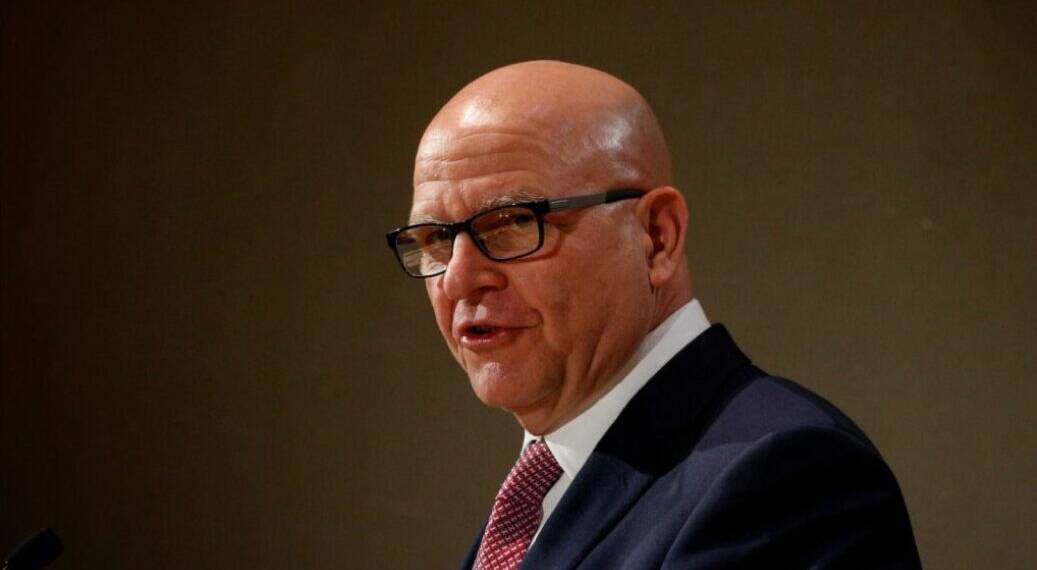In a bold revelation, former US National Security Advisor Lt. Gen. (retd) H.R. McMaster has accused Pakistan’s Inter-Services Intelligence (ISI) of having an “undeniable complicity” with terrorist groups. In his new memoir, At War with Ourselves: My Tour of Duty in the Trump White House, McMaster sheds light on the internal struggles he faced while trying to halt US security aid to Pakistan under President Donald Trump.
McMaster’s account reveals that despite Trump’s clear instructions to cut off all aid to Pakistan until it stopped harboring terrorists, the Pentagon, led by Defence Secretary Jim Mattis, was in the process of delivering a military aid package valued at over USD 150 million, which included armored vehicles. Faced with this contradiction, McMaster intervened to stop the aid, illustrating the intense internal conflicts within the administration.
He recounts a tense meeting with Mattis, CIA Deputy Director Gina Haspel, and other senior officials where he had to confront the gap between Trump’s directives and the Pentagon’s plans. Mattis was aware of the risks associated with stopping aid but ultimately agreed, though some assistance continued. This led Trump to publicly lash out at Pakistan on New Year’s Day, declaring that the US had foolishly given billions in aid while receiving nothing but deceit in return.
McMaster’s book also highlights a provocative move by Pakistan: the release of Hafiz Saeed, the mastermind of the 2008 Mumbai attacks, just before Mattis’s visit. This act was seen as a stark demonstration of Pakistan’s continued support for terrorism. McMaster underscores that Trump’s decision to halt aid was a key element of the South Asia strategy formulated at Camp David, despite the controversy it sparked.
Reflecting on his experiences, McMaster discusses the broader challenges of implementing Trump’s policies and coordinating on other critical issues, such as North Korea, which were also addressed during a pivotal December 14 meeting with top administration officials.








